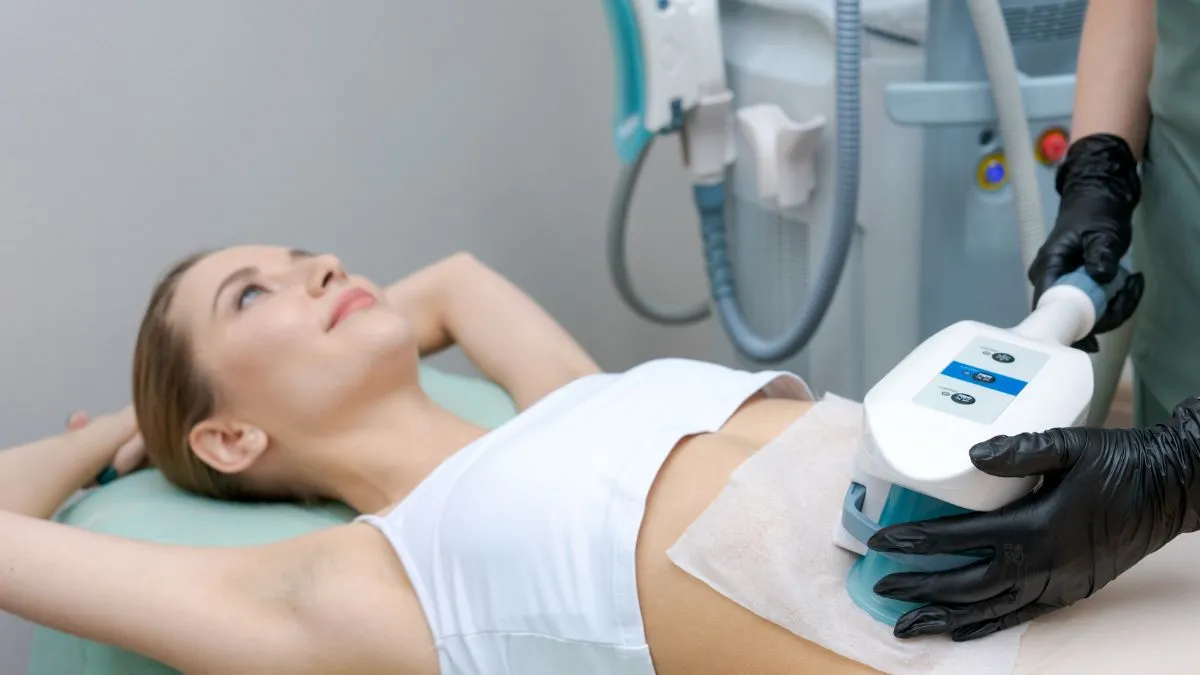- By Priyanka Munshi
- Thu, 24 Apr 2025 04:48 PM (IST)
- Source:JND
Egg freezing has quietly but powerfully emerged as a game-changing option for young women seeking to strike a delicate balance between personal and professional aspirations and future family planning. This medical breakthrough is not just about science—egg freezing gives women more control over when they have children. It allows them to focus on their careers, education, and other goals without feeling pressured by time. In a conversation with Jagran English, Dr. Prachi Benara, Senior Consultant and Centre Head at Birla Fertility and IVF Gurugram, discussed how egg freezing is reshaping parenthood possibilities for young women.
The Rising Popularity Of Egg Freezing
Egg freezing is becoming increasingly popular, reflecting a substantial shift in how we view women’s roles and choices. More women are focusing on their careers, education, and personal goals and don’t want to feel forced to choose between those things and having children. They want to keep the option of motherhood open. Additionally, there is growing awareness about reproductive health.
Health conditions such as PCOS and endometriosis, along with the effects of certain cancer treatments, are prompting more women to think proactively about preserving their fertility. In India, the Indian Society for Assisted Reproduction (ISAR) has reported a significant rise—a 25% increase each year for the last five years—in the number of women choosing this option. Many are choosing to delay motherhood for personal or professional reasons, and egg freezing gives them that flexibility.
Benefits Of Early Egg Freezing
Celebrities like Mona Singh, Ekta Kapoor, and Priyanka Chopra have played a key role in normalizing this once-taboo topic. By openly sharing their decisions to freeze their eggs, they’ve sparked meaningful conversations that resonate deeply with women everywhere. These stories remind us that egg freezing is not just a medical procedure—it’s a lifeline for those seeking options and peace of mind.
And here’s the thing: the earlier women consider egg freezing, the better. Imagine being in your early twenties and planning ahead for your late thirties or forties. You might not be ready for children now, but wouldn’t it bring peace of mind knowing you don’t have to worry about the future? That’s the beauty of egg freezing—it allows you to make decisions today that can protect your fertility tomorrow.
Freezing your eggs at a younger age has real advantages. For women in their twenties, egg quality is generally at its best, leading to better chances of success in future fertility treatments. The success of egg freezing is closely tied to age, with women under 35 seeing higher success rates. As age increases, success rates tend to decline. Egg freezing gives women the flexibility to delay pregnancy until it aligns with their life plans—whether that’s related to career, personal goals, or medical needs—without sacrificing their chance to become a parent.
Also Read: Why Women Are More Prone To Osteoarthritis, RA As They Age? Know From An Expert
What Is The Ideal Time For Egg Freezing?
While every woman’s situation is unique and medical technology is constantly improving, doctors typically recommend considering egg freezing before the age of 35, when egg quality is optimal. This offers the best chance for a successful pregnancy in the future.
However, this is just a general guideline. The ideal time for egg freezing depends on individual health, family planning goals, and a consultation with a fertility specialist. Although the longevity of frozen eggs can't be predicted with complete certainty, research shows that approximately 75% of eggs survive the thawing process. Additionally, the quality of the sperm used for fertilization significantly affects the overall success rate.
What To Expect During The Egg Freezing Process?
Egg freezing is a detailed and personalized process that usually takes about 2 to 3 weeks. It involves three main steps: ovarian stimulation, egg retrieval, and vitrification.
- Ovarian Stimulation: Hormonal medications are used to stimulate the ovaries to produce multiple eggs. This is timed with the menstrual cycle for better results.
- Egg Retrieval: Once the eggs have matured, they are collected through a minor surgical procedure.
- Vitrification: The retrieved eggs are rapidly frozen using a process called vitrification, which helps preserve their quality for future use.
Empowering Women’s Reproductive Choices
Egg freezing gives women greater control over their reproductive timelines, allowing them to pursue careers, education, and personal goals without the pressure of declining fertility. While it doesn’t guarantee pregnancy, it offers a proactive way to preserve future options.
Also Read: Summer Vacations: Best Places To Escape The Extreme Heat In Himachal Pradesh From Delhi
At last, Dr. Prachi Benara emphasized that as awareness increases, access to reliable information and expert guidance will be crucial in helping women make informed decisions. With ongoing medical advancements and shifting societal perspectives, egg freezing is no longer an unconventional choice—it is a powerful tool that enables women to take control of their fertility and plan parenthood on their own terms.

